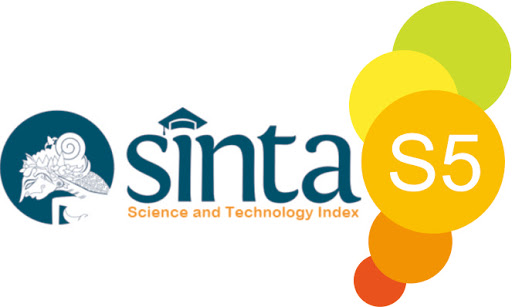Community Swamandiri Development in The Management of Household Waste in The Covid-19 Pandemic Period
DOI:
https://doi.org/10.32734/abdimastalenta.v6i2.6154Keywords:
Green Community Youth Group, Waste Management, Household, Economy, Pandemic, Covid-19Abstract
Ladang Bambu Village is one of the sub-districts located in Medan Tuntungan District, which has a dense population of 5,222 people out of 1365 families, and generally 55% work as farmers and trade. Garbage is a solid residue of human daily activities and / or natural processes. This waste is produced by humans every time they carry out their daily activities. Waste consists of: 1. Organic Waste (Degradable); The definition of organic waste is waste that can rot and decompose so that it can be processed into compost. For example, food scraps, dry leaves, vegetables, etc. 2. Inorganic (Undegradable) waste, which is waste that is difficult to decompose and cannot be broken down. The problems faced by partners are a lack of understanding in household waste management and limited availability of space. garbage at home. This community service aims to provide Partners with assistance in improving skills in household waste management, through the implementation of activities that begin with face-to-face online meetings, sticking posters to each group member house containing the stages of sorting waste, posters for composting and giving 2 trash cans to group members that have been affixed with the writing of organic and inorganic waste as educational material in addition to the Green Community youth group as well as educational material for families. The targets and outputs that are expected by the community will have additional knowledge about methods of managing household waste into products that are economically valuable so that they can support the improvement of the family economy during the Covid pandemic 19.
Downloads
Downloads
Published
Issue
Section
License
Copyright (c) 2021 ABDIMAS TALENTA: Jurnal Pengabdian Kepada Masyarakat

This work is licensed under a Creative Commons Attribution-ShareAlike 4.0 International License.
The Authors submitting a manuscript do so on the understanding that if accepted for publication, copyright of the article shall be assigned to Jurnal Abdimas TALENTA as well as TALENTA Publisher Universitas Sumatera Utara as the publisher of the journal.
Copyright encompasses exclusive rights to reproduce and deliver the article in all forms and media. The reproduction of any part of this journal, its storage in databases and its transmission by any form or media, will be allowed only with written permission from Jurnal Abdimas TALENTA.
The Copyright Transfer Form can be downloaded here.
The copyright form should be signed originally and sent to the Editorial Office in the form of original mail or scanned document.












